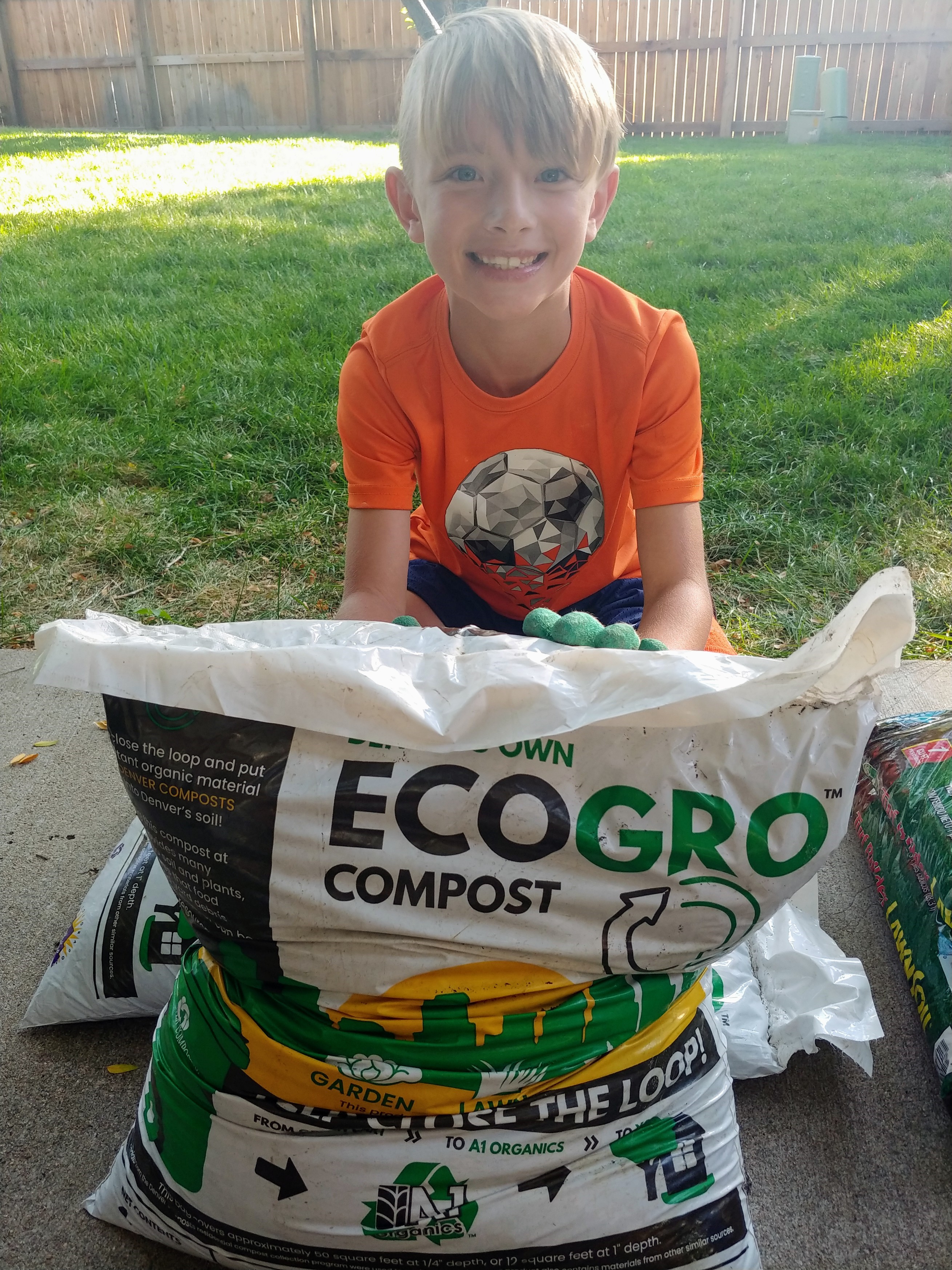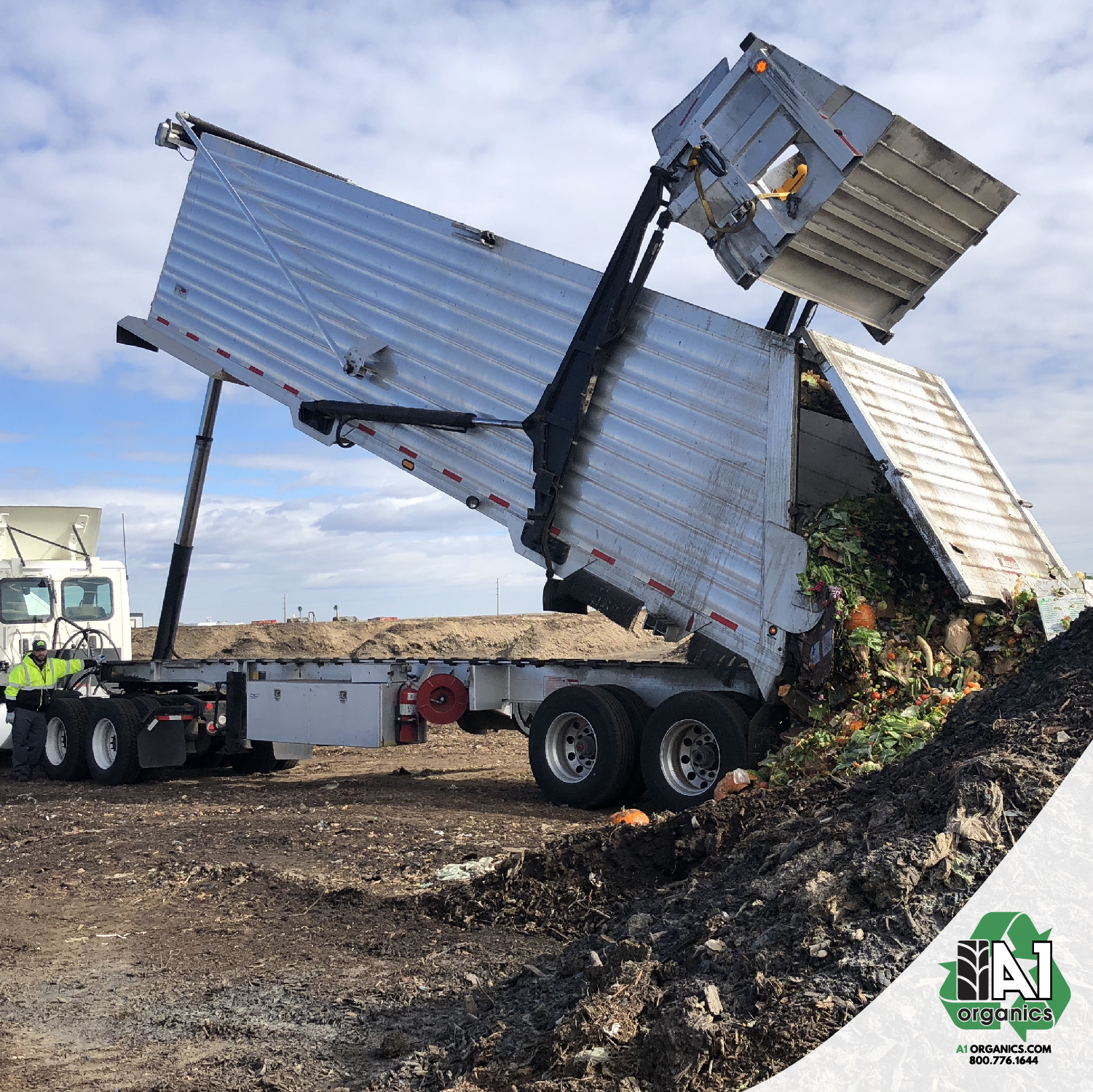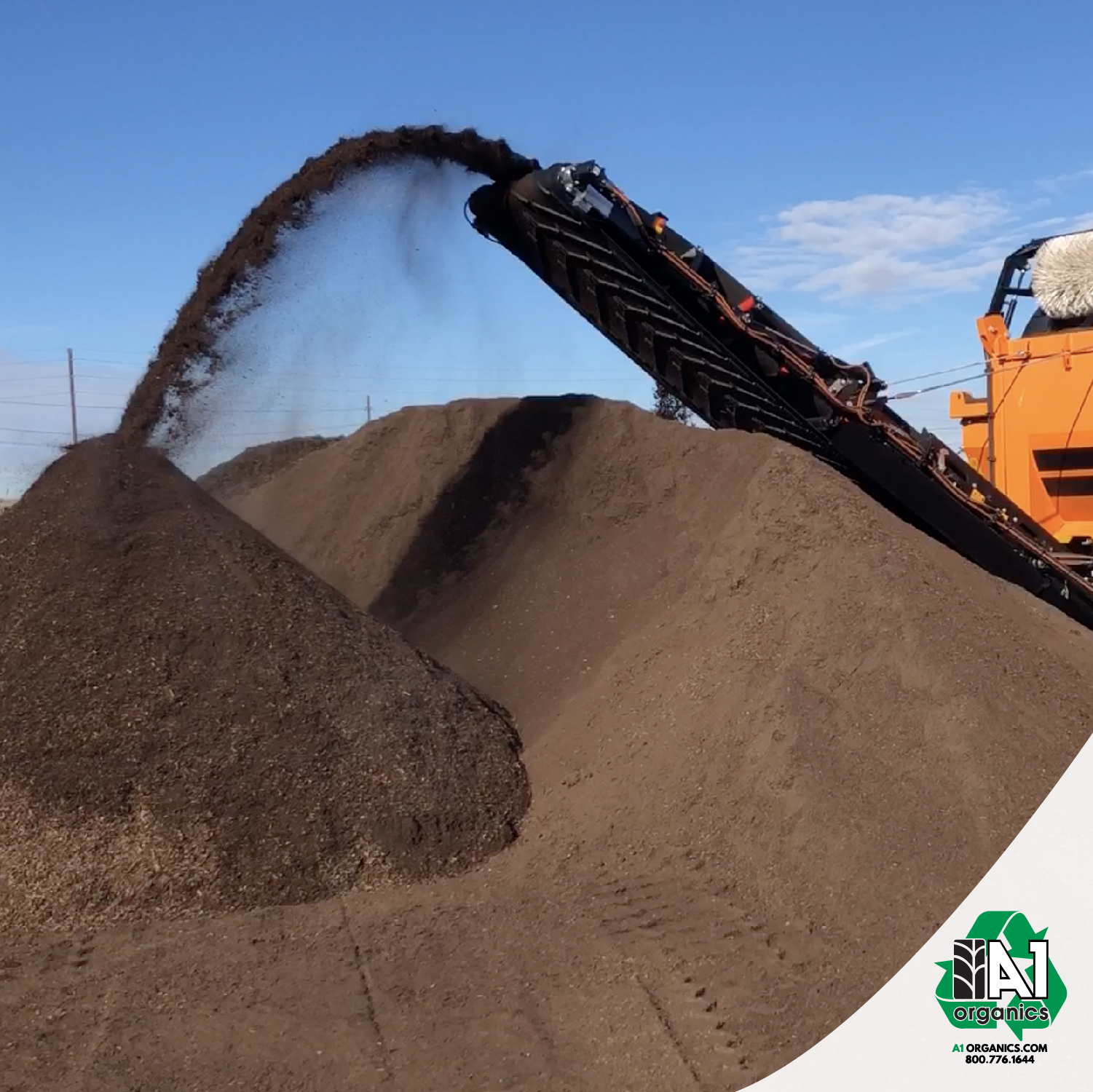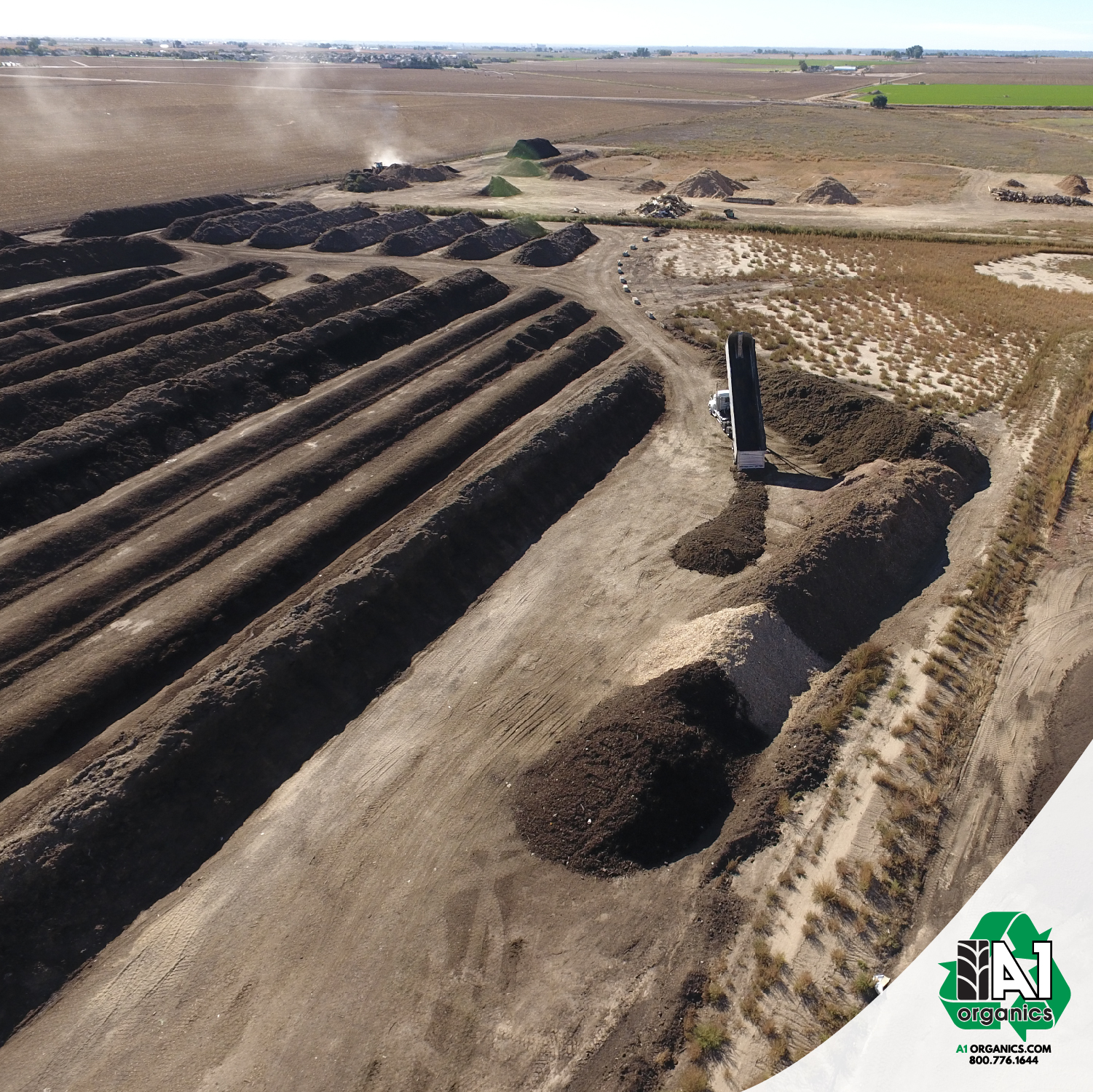
This Halloween, dress your lawn in compost
We’re well into football season, air conditioners are easing toward hibernation and rakes are displacing garden hoses. It’s the perfect time to … topdress your lawn.
Say what?
It’s a hip landscaping term (if you read hip as “new to me”) that means spreading a bit of compost — usually about a quarter inch — on your lawn.
The compost will spend the offseason settling into the soil, providing nutrients and soil structure for your grass to grow. All just in time for spring.
And because we’re Denver Water, we also will add: It helps your lawn and the soil retain water.
“Topdressing helps the ground act more like a sponge and allow the turf to hold more water and reduce runoff,” said Jeff Tejral, a former water efficiency manager at Denver Water.
And taking care of the landscape below your lawn is particularly important along the Front Range, where poor quality soil can make things difficult for growing a healthy lawn. Topdressing adds organic material and helps lawns thrive.
‘Homegrown’ compost
This advice dovetails nicely with the fact that Denver residents can pay to participate in the Denver Composts collection program, which turns kitchen scraps, paper towels, coffee filters and yard debris into compost.
For about $30 per quarter, Denver Recycles will provide a green compost collection cart and pick up your yard debris and food scraps weekly. The material goes to A1 Organics' processing facility in Keenesburg, northeast of Denver. A1 Organics grinds the incoming material, builds and regularly turns large compost piles called “windrows”, which enables these organic discards to break down quickly.
Within 90 to 120 days, A1 Organics’ process will create compost that rejuvenates and nourishes the soil, returning to the earth the basic organic components that produced the food and other vegetation to begin with.
A1 Organics' product, branded “Denver’s Own EcoGro™ Compost,” can be found at Ace Hardware.
“We encourage Denver Water customers to give this a try. It’s good for your lawn, a good way to enrich and energize the soil, and has important environmental benefits beyond that,” Tejral said.
The compost currently runs about $8 a bag, but sales this fall at Ace stores will see it priced at $6 per bag Sept. 23-28 and Oct. 14-19, according to city of Denver officials.
Benefits for climate and waste management
Why does all this matter?
Here’s a good summary from A1 itself:
“In the United States, only 5% of our food waste, yard trimmings, paper and other compostable materials is actually composted each year. The remaining 95% — 60 billion pounds, or the weight of four and a half Egyptian pyramids — ends up rotting in our landfills.
“If we divert our compostable materials out of landfills and instead use them to fertilize the land we farm, we would enjoy increased agricultural productivity, reduced land desertification, and reduced financial losses by repurposing what would otherwise have been wasted.”
Composting also represents an easy opportunity to slow the growth of landfills. In Denver, about 50% of what we throw away could be composted, according to Denver Recycles.
What’s more, material like food waste breaks down differently in landfills and produces methane, a potent greenhouse gas that contributes heavily to climate change.
A1 Organics website puts it this way:
“During decomposition, organic matter is eaten and digested by microbes. Normally, these microbes produce carbon dioxide as a waste byproduct. But if no oxygen is available, like in the anaerobic environment of landfills, they produce methane instead. Methane’s greenhouse gas effect on the atmosphere is 21 times greater than carbon dioxide’s over a 100-year period.”
Composting is catching on
Denver Recycles began offering compost collection services in 2008 as a pilot.
Since then, the program has grown steadily. Today, more than 27,000 residents pay for service. In 2020 alone, Denver Composts participants composted 24.6 million pounds of food scraps and yard debris (more than 12,000 tons).
The amount of material composted by Denver households is projected to grow rapidly in the coming years as more and more Denver residents sign up for Denver Composts.
Denver also encourages residents to participate in its “LeafDrop,” program, which collects fall leaves for composting alongside Denver Composts materials. The program, operated by Denver’s Department of Transportation and Infrastructure, provides drop-off points around the city.
As the program expands, it creates more finished compost too, making it increasingly important for Denverites to close the compost loop by using this finished compost in their home lawn and landscaped areas.
Denver Water has joined the composting movement.
The utility in 2016 began providing bins for employees to deposit their food scraps, napkins and compostable containers. The amount of material gathered for composting has grown over the years as employees have learned which everyday items can be composted.
Since the start of 2018, Denver Water employees diverted nearly 94,000 pounds of waste from the landfill by composting. That’s nearly 47 tons.
“Our composting efforts are another key piece in our work on sustainability,” said Kate Taft, manager of Denver Water’s Sustainability Team.
“Cutting our energy and water use, tracking and cutting our carbon emissions, and shrinking our waste stream are all significant priorities for us. Denver Water will continue pushing to cut our overall waste and divert what waste we do produce away from landfills. Composting is a big, big part of that.”
It makes sense to put all that water-saving, climate-protecting and soil-energizing compost to good use on your grass.
So this fall, don’t leave your lawn in distress. Topdress.





